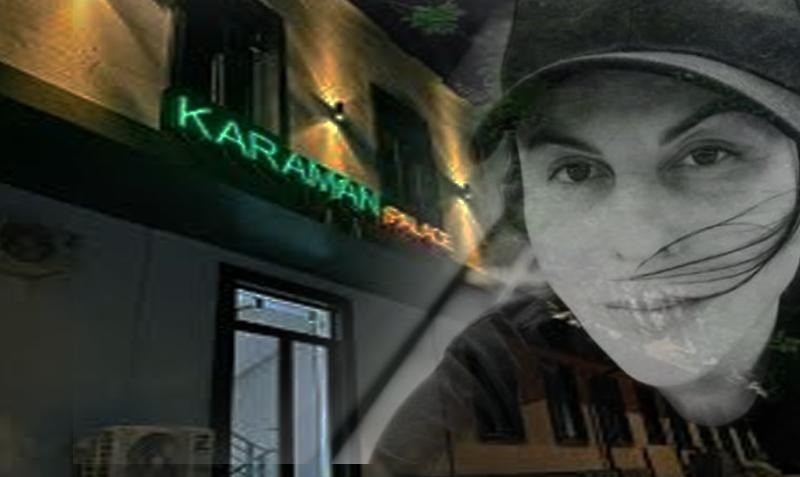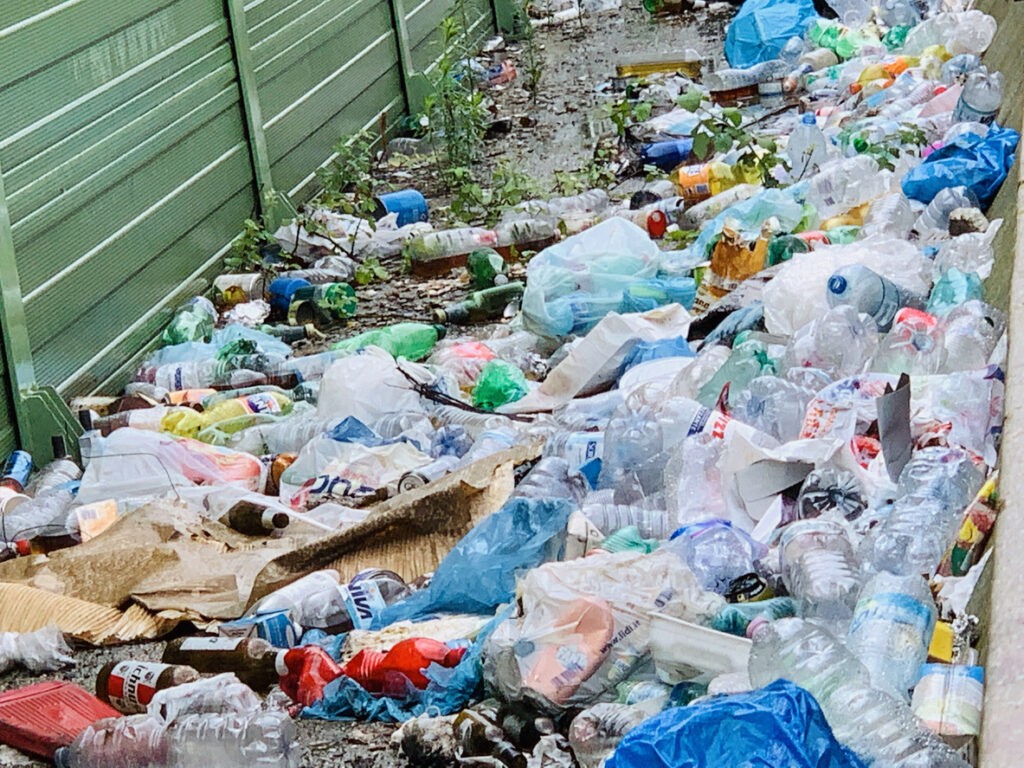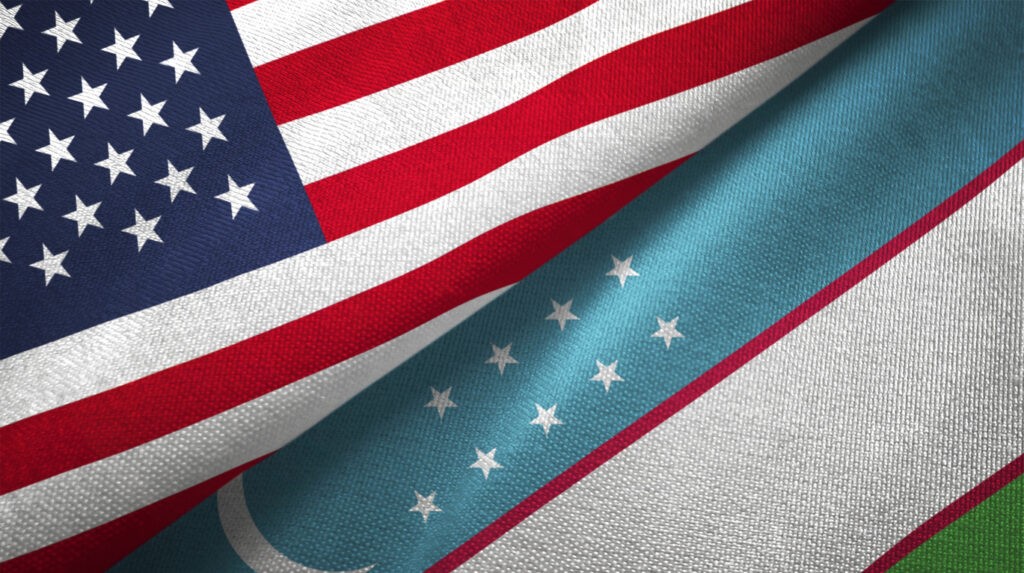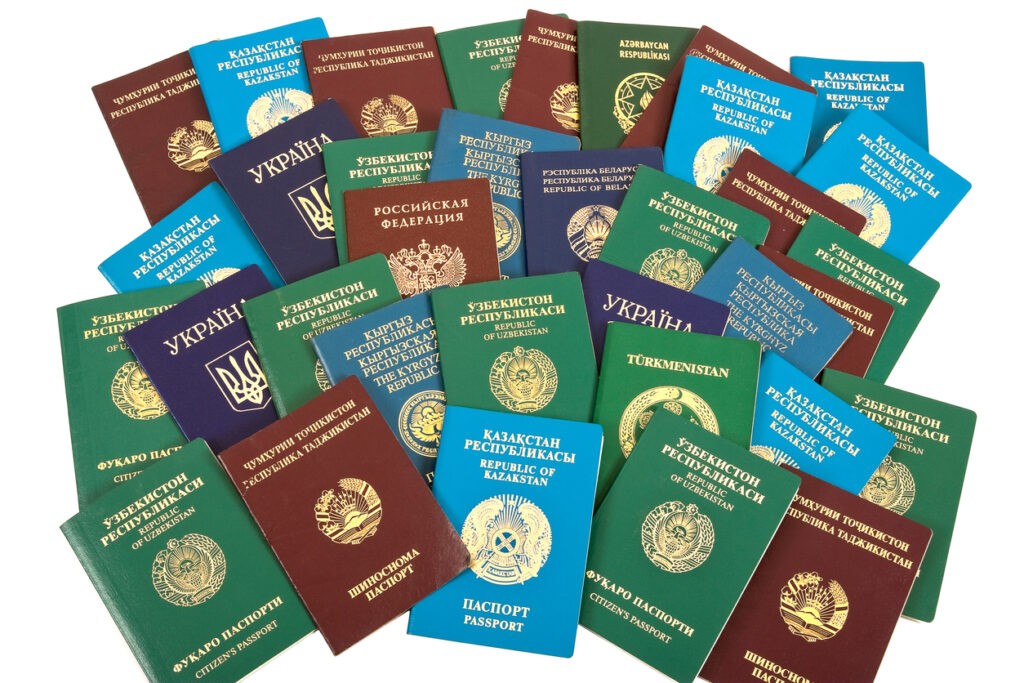Four Arrested in Connection with Journalist Inessa Papernaya’s Death
Russian journalist Inessa Papernaya, known for her work with lenta.ru and profile.ru, was found dead in a hotel in Tashkent, Uzbekistan, on October 20, 2024. The Times of Central Asia previously reported that Papernaya was vacationing in Uzbekistan and staying at the Karaman Palace Hotel with her companion, Maxim Radchenko. Hotel staff discovered their bodies after receiving no response during a package delivery. Another Uzbek citizen was also found dead in the bathroom of a separate hotel room. According to forensic medical examination reports, the deaths were caused by respiratory failure due to acute poisoning from carbon monoxide and hydrogen sulfide gases. Investigations revealed that the hotel's boilers, which had exceeded their service life, were the source of the carbon monoxide leakage. The boilers also had faulty condensate discharge systems and were improperly connected to the sewage system. A comprehensive forensic investigation conducted by the Republican Center of Forensic Expertise uncovered multiple issues with the hotel’s gas equipment. The boilers were found to be outdated and had been modified in ways that violated safety standards. Key modifications included the removal of the siphon in the condensate discharge system, which allowed the discharge pipe to connect directly to the sewage system, creating hazardous conditions for gas leakage. Additionally, the installation of the equipment did not adhere to technical and safety regulations, and the heating, ventilation, and air conditioning systems failed to meet the required standards, further increasing the risk of poisoning. In response to these findings, four individuals were arrested in connection with the fatalities. Khojakulov, the hotel owner, along with Jamoldinov and Yusupov, suppliers of the faulty boilers, and Kurbonov, the plumber responsible for the installation, face charges under Uzbekistan’s Criminal Code for providing unsafe equipment and services resulting in multiple deaths. The suspects remain in custody as legal proceedings continue.
5 days ago






